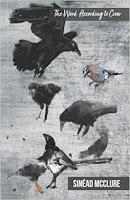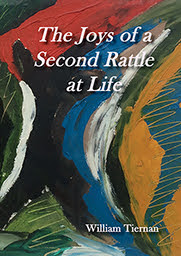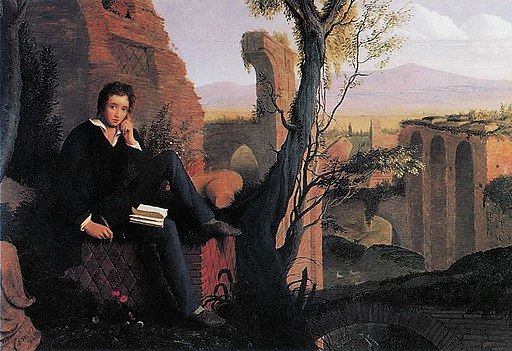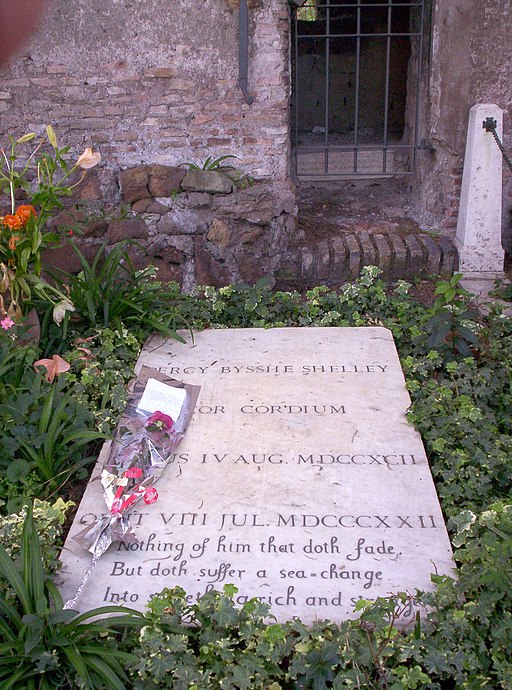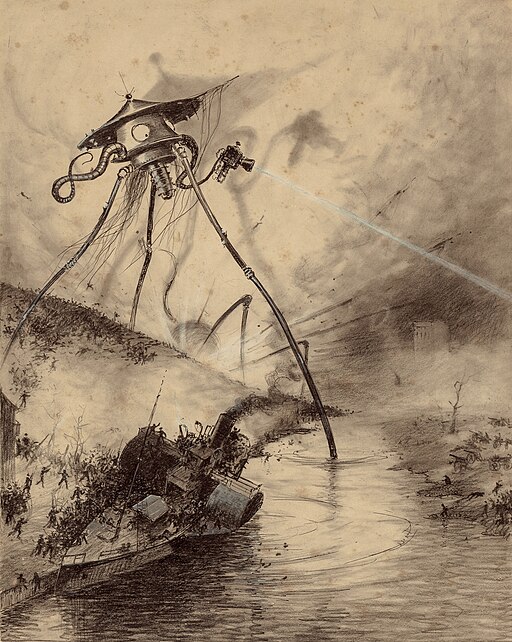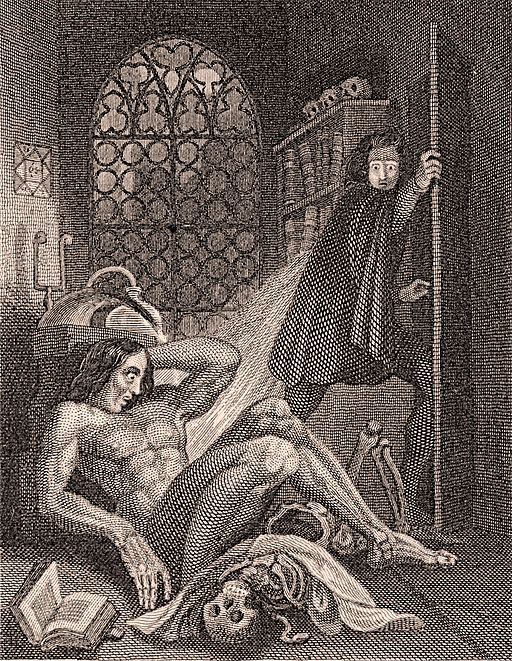Percy Bysshe Shelley (1792-1822)
– English poet of the Romantic era who died 200 years ago today –
"Shelley, the writer of some infidel poetry, has been drowned; now he knows whether there is God or no!"
How one English conservative newspaper reacted to news of the death of Percy Bysshe Shelley, English poet of the Romantic era who, in many ways, personified the spirit of the it. Percy Bysshe Shelley left this world 200 years ago today.
If his lyrical mastery were not enough to make his work instantly memorable and recognisable, there are also the circumstances of his lives, his loves, his travels, his circles of friends, his tragic and untimely death to add to the mystique that surrounds one who often resembles the prototype rock star. For these and other reasons, Shelley has a valid claim to being among, not just the greatest but also the most enduring of the Romantic poets.
The life and works of Percy Bysshe Shelley exemplify English Romanticism in both its extremes of joyous ecstasy and brooding despair. Romanticism's major themes – restlessness and brooding, rebellion against authority, interchange with nature, the power of the visionary imagination and of poetry, the pursuit of ideal love, and the untamed spirit ever in search of freedom – all of these Shelley exemplified in the way he lived his life and live on in the substantial body of work that he left the world after his legendary death by drowning at age 29. – Poetry Foundation
Unlike some of those among his friends and contemporaries, Shelley did not 'wake up one day to find himself famous'. Rather, his reputation and stature has grown largely posthumously. It is not that Shelley's poetry and other works failed to attract attention during his lifetime. Rather, it was attention of the wrong sort. From an early age, he courted controversy and ran the gauntlet of official censorship, government surveillance in addition to the unwanted attention of his creditors, for a time. If pamphlets and tracts with titles along the lines of The Necessity for Atheism (written in 1811 in collaboration with T.J. Hogg) were not enough to cause consternation, then the content of such work would have induced an affect on anyone in positions of authority who cared or dared to read them.
Shelley was capable of evoking great passion, as in poems like The Mask of Anarchy (1819), declaiming against the arbitrary use of power and in vindication of political and civil rights. Then there is the quiet, intellectual subtlety of poems such as Ozymandias (1818), contemplating the fate of man and of human endeavour generally, when considered from the vantage point of the ravages of time.
It was on this day (8 July) in 1822 that Shelley, accompanied by two others, set out on a journey by boat from Livorno for Lerici. They were caught in a storm and did not return alive. However, Shelley's badly decomposed remains washed up on shore ten days later. His body was identified by a volume of poetry by John Keats that he was carrying in his coat pocket. In accordance with Italian quarantine law of the time, his remains were cremated on a beach near Viareggio and the ashes were buried in the Protestant Cemetery of Rome.
Percy Bysshe Shelley was born in England on 4 August 1792 and died in Italy on 8 July 1822, having reached the age of just 29. In that short period, he produced a immense body of work that includes poetry, plays, fiction, essays, among the best known of which (in addition to those already mentioned) would include Ode to the West Wind (1819), To a Skylark (1820), The Cenci (1819), Prometheus Unbound (1820), A Defence of Poetry (1821), Hellas (1822) and his final, unfinished work, The Triumph of Life (1822).
